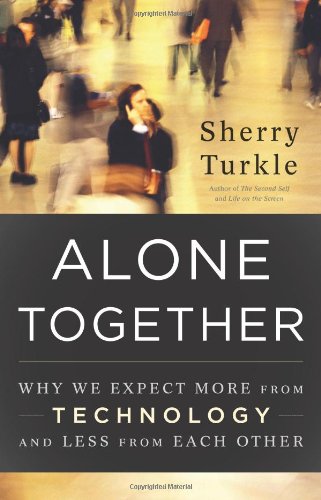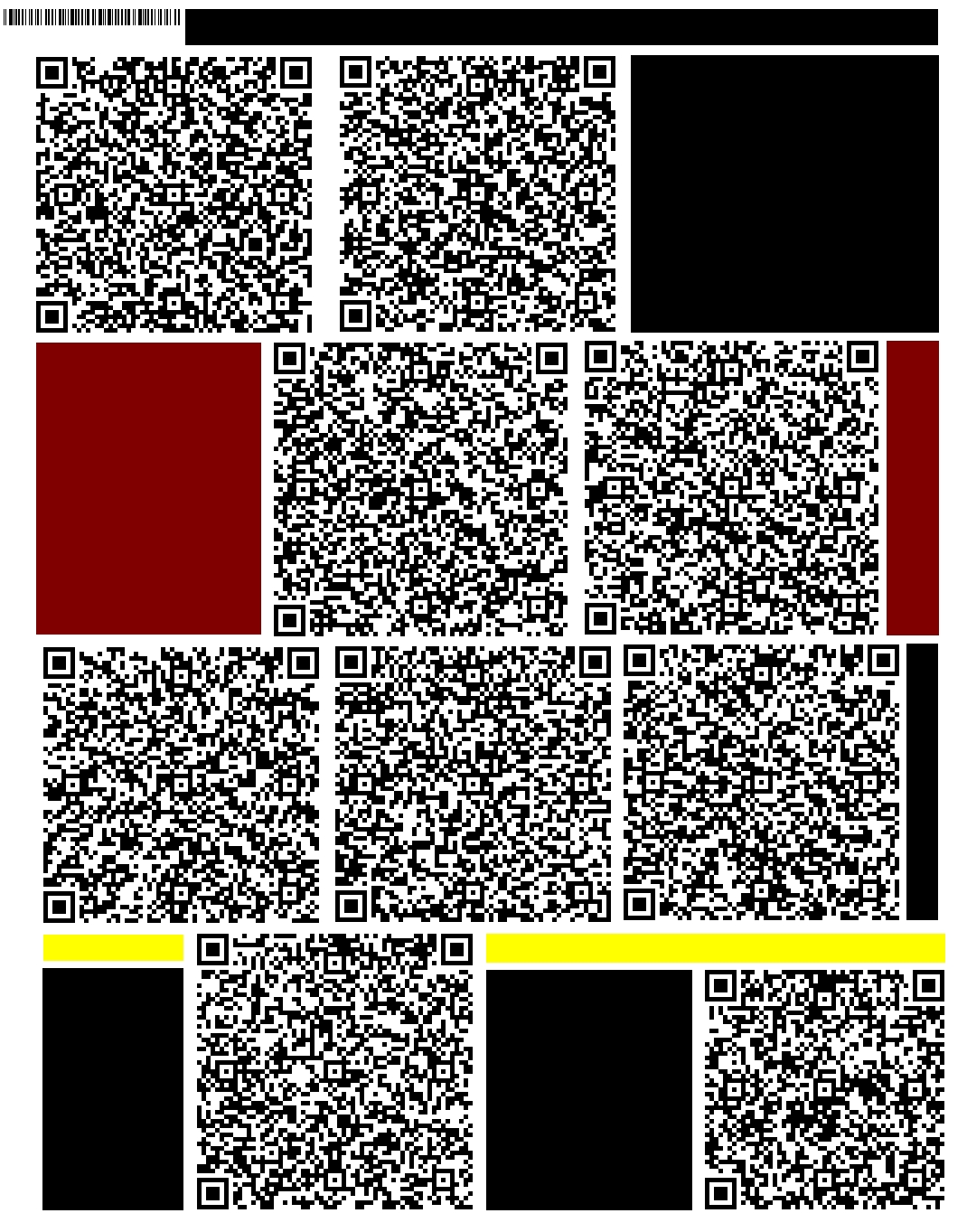The ethical position taken by academics and intellectuals with respect to the objects of their attention – research, theory, intervention – arises from a combination of environmental, institutional, and personal (i.e. political) commitments. When those commitments come into conflict, the ethical positions taken or implied by knowledge producers face the possibility of transformation. And, where globally interconnected lives at both macro- and micro-scopic levels are concerned, the conditions of possibility of change are omnipresent and intense. Arjun Appadurai (2000) summarizes the root of these conditions as a “growing disjuncture between the knowledge of globalization and the globalization of knowledge.”
Continue reading
Tag Archives: argument


Internet – Lit Review – Turkle
Turkle, Sherry. Alone Together. New York: Basic, 2011
It would be foolish to refute the core premise of Sherry Turkle’s third installment in her series on computers and people: technology – specifically, robots and computers – have taken on agency in their relationships to humans. Her anecdotal approach threads a compelling argument through selections from her psychoanalytic research that includes over 450 subjects, of all ages. In Turkle’s estimation, computers have become what occupies us, keeping us always tethered and networked, rather than remaining our occupational instruments. Likewise, her staunch humanism views the advent of robotics that go beyond artificial intelligence by performing social functions like caring and emotion as a pivotal “robotic moment” for our lives, and for our concepts of life as such. The stakes of being-human, on her account, are changing, and not necessarily for the better. Continue reading

Internet – Lit Reviews – Kittler, Lanier, Jenkins
Foucault – Position – Epistemic Limits
Whether coursing through archival data or meditating on turns of language, Foucault’s early works — the History of Madness, the Birth of the Clinic, the Order of Things, and the Archaeology of Knowledge — each address ways of knowing how and what we think. Based on the approach in those works, we can refocus their efforts onto a tertiary question. While lacking the familiar modulus of power, this approach can still maintain a close attention to the thought of thought as such. It helps elucidate how we conceive of the conditions to this reflexive thought, and thereby to sketch contemporary epistemic limitations. The motivating impulse here, then, is: What exists outside our conditions of possibility of thought, and how can we know it? Continue reading
thesis statement
I study the recordings, writings, and public figure of Mumia Abu-Jamal, a Pennsylvania death-row prisoner since 1982. I analyze synecdochic manifestations of his body in space, his oeuvre in time, and the codes of his figure online. This includes examining analog and digital media artifacts, as well as observing figurative representations of both Abu-Jamal and Daniel Faulkner, the police officer that Abu-Jamal is convicted of killing. I use interdisciplinary theoretical and methodological interventions to show how the social and political implications of this polarizing narrative extend beyond either man’s life or death.